Bright Future Recovery does not offer mental health treatment services relating to schizophrenia or other major trauma.
This article provides general information and discussions about substance abuse and mental health related subjects. The information and other content provided in this blog, website or in any linked materials are not intended and should not be considered, or used as a substitute for, medical advice, diagnosis or treatment. This blog does not constitute the practice of any medical, nursing or other professional health care advice, diagnosis or treatment. We cannot diagnose conditions, provide second opinions or make specific treatment recommendations through this blog or website.
If you or any other person has a mental health concern, you should consult with your health care provider or seek other professional medical treatment immediately. Never disregard professional medical advice or delay in seeking it because of something that you have read on this blog, website or in any linked materials.
Stress and Substance Abuse
- Cheree Ashley
- Medically Reviewed
Many people go through stress in their lifetime. Stress has the potential to greatly complicate instances of substance abuse. When seeking treatment for substance abuse, it is important to consider whether or not stress plays a part in one’s substance abuse issue. Finding the correct treatment for stress and substance abuse can positively benefit those attending treatment, ensuring they receive the best care possible.
What is Stress?
Stress is defined as a mental and physical reaction to changes or challenges that occur in life. Stress is a normal feeling; in fact, most people have experienced moments of stress throughout their life. However, long-term stress can negatively impact both mental and physical health. Stress is a subjective feeling, meaning everyone experiences stress differently. There are no specific tests designed to detect stress, but healthcare professionals can typically utilize questionnaires to determine whether or not a person is feeling stressed. Seeking medical attention for long-lasting stress is usually advised.
Causes of Stress
There are many different causes of stress. People respond to situations differently, meaning that while a situation may cause stress in one person, the same occurrence could cause stress in another. Occurrences that cause stress are known as stressors. Stressors can be external or internal, and depend greatly on the perception of the individual who is experiencing stress. Stress can occur as a result of both positive and negative life experiences. Some potential causes of stress include:
- Financial problems
- Work
- School
- Family
- Children
- Relationship issues
- Big life changes
- Negative self-talk
- Perfectionism
- Pessimism
Symptoms of Stress
There are many different symptoms of stress that one may experience. Stress can start out not affecting an individual much but can quickly get out of hand. Being aware of the signs and symptoms of stress can help clients better address their feelings of stress.
Cognitive symptoms of stress can include:
- Constant feelings of worry
- Racing thoughts
- Anxiety
- Poor judgment
- Lack of concentration
- Memory problems
Behavioral stress symptoms can include:
- Changes in appetite
- Changes in sleep patterns
- Neglecting responsibilities
- Procrastinating
- Nervous habits
- Substance abuse
Emotional stress symptoms may include:
- Depression
- Anxiety
- Anger or agitation
- Fluctuating moods
- Feeling overwhelmed
- Loneliness
Physical symptoms of stress may include:
- Rapid heart rate
- Chest pain
- Nausea
- Dizziness
- Stomach problems
- Headaches
What is Substance Abuse?
Substance abuse occurs when one overindulges on a substance that has the potential to be addictive. There are many reasons that substance abuse may occur. Substance abuse begins when a person tries an addictive substance for the first time. The substance may have favorable effects on the person’s mental and physical state, allowing them to forget their stresses while under the influence. Those effects wear off over time, however, and the person will need to consume the addictive substance again to feel the desired effects. Over time, a tolerance to the substance begins to build up, and more of the substance will need to be ingested to receive the same effects. A dependence on the substance will start to form when the individual needs the substance in order for their body to function properly. Without it they will experience intense cravings and symptoms of withdrawal.
Symptoms of Substance Abuse
There are a variety of substance abuse symptoms that may be exhibited by a person in active addiction. Substance abuse symptoms can be both physical and behavioral in nature. Physical symptoms of substance abuse include:
- Skin changes
- Changes in appearance
- Weight changes
- Changes in sleep pattern
- Dental problems
- Bloodshot eyes
- Dilated or constricted pupils
Behavioral signs of substance abuse include:
- Mood changes
- Depression
- Irritability
- Changes in priorities
- Changes in social activities
The Connection Between Stress and Substance Abuse
Stress and substance abuse have an unquestionable connection. Many people take part in alcohol or drug consumption in order to avoid or forget about their stress for a time. While consuming addictive substances may seem like a good way to feel stress-free at first, stress and substance abuse actually have a way of reinforcing one another. Finding and affording illicit substances can cause stress, as can hiding addiction from friends and loved ones. Feeling higher levels of stress can make the urge to use drugs or alcohol even stronger. These reactions can quickly spiral out of control, resulting in severe substance abuse issues.
Residential and Inpatient Treatment Options for Stress and Substance Abuse
There are different treatment options available for those experiencing stress and substance abuse issues, including both inpatient and outpatient rehabilitation. Typically, inpatient or residential treatment is recommended for those who deal with stress in addition to substance abuse.
During inpatient rehabilitation, clients will go through a detox program, answer questions from both physicians and therapists, and then enter into a number of different therapy programs. Both group and individual therapies are offered to those who attend residential rehabilitation programs. These therapies help clients learn how to manage their stress and identify and avoid potential stressors. Clients are also taught how to deal with substance abuse cravings as well as relapse prevention.
Finding Stress and Substance Abuse Treatment Centers Near Me
Finding the right rehabilitation treatment center to address both stress and substance abuse is important. Clients may wish to travel for treatment, or they may wish to remain close to home. Being in a familiar area may be better for some clients, while going somewhere new may be what is best for others.
Paying for Inpatient Stress and Substance Abuse Recovery
Paying for inpatient treatment for stress and substance abuse recovery is one of the many things to consider when seeking treatment. There are a number of options when it comes to paying for treatment, and clients can typically find a way to cover their stay with or without insurance. While determining how to pay for treatment can be difficult at times, needing to cover the cost of a program should never discourage an individual from seeking treatment for stress and substance abuse.
With Insurance
Covering the cost of treatment for those with insurance is typically simple enough. Most insurance plans either partially or completely cover inpatient treatment for stress and substance abuse. Coverage details are usually located under the behavioral health section of most insurance plans. The easiest way to determine your specific insurance coverage for inpatient treatment for stress and substance abuse is by contacting your insurance provider directly in reference to your plan specifically.
Without Insurance
Covering the cost of your treatment stay without insurance can be a little more complicated, but is still possible. Contacting the treatment facilities you are considering is advisable, as many treatment facilities are willing to provide their clients without insurance with payment plans in order to help them afford treatment.
Another option for those trying to determine how to pay for their inpatient treatment for stress and substance abuse is to reach out to friends and family. Oftentimes, one’s support system can be a great asset when it comes to covering the cost of treatment.
Final Thoughts about Stress and Substance Abuse
Stress is both a factor in and can complicate instances of substance abuse. Those who are dealing with substance abuse issues often face stressors that can trigger their substance abuse issues. Finding the right kind of help for stress and substance abuse can be the key to healthy and lasting recovery.

When it comes to addiction treatment and recovery, Bright Future Recovery’s team delivers beyond expectation.







